

This page is being developed to help provide information to existing and prospective coaches and officials. It is work in progress, and not complete yet.
All the clubs' coaches and assistants are volunteers who give up many hours a week to provide coaching to senior and junior athletes. For every hour that a coach coaches, there are many other hours of preparation and analysis.
The club is committed to providing relevant training for its coaches to ensure safety and excellence for athletes attending training sessions.
The number of qualifies coaches the club has limits the number of athletes that attend training sessions. If you would like to become a coach or coaching assistent, please contact a senior coach.
Lisa Johnson
Lisa leads the popular senior training groups and is also an active contributer to the running the club.
Mike Mason
Mike is 61 years old and is the highest level we have on my list today, holding a level 3 multi event qualification. I don't know when Mike arrived, but it has got to at least 12 year's ago. Mike has the terrific skill of being able to put coaching programmes together and is one of our stronger coaches. Yearly Mike manages to get te
Peter Gillham (Gilly)
It's hard to write about myself but here goes…… I joined Chorley in August 1989 and still quite enjoy it (!) During this period I represented the club at road, x country and fell. In the past I won medals (in my age category) at the Lancashire x country championship. I've coached children at Chorley since the early 1990's and currently hold a UK athletics and Fell running association, level 2 qualification, in fell and hill running. And last but not least I'd just like to say :- all the coaches I've tried to write about have had the relevant DBS police checks (previously named CRB checks) and most, if not all, have some degree of first aid qualification.
Rick Cordwell
As a level 2 UK Athletics Coach, Rick has been around at Chorley for about 8 years.
His specialty is Sprints, which he coaches on a Thursday night at Horwich Track. He also coaches multi events on a Monday night.
Kevin Hogan
Kevin is a retired teacher with extensive knowledge and experience of athletic coaching. He did is original training at Loughborough, and his ability to coach multiple disciplines is well placed in the Fundamentals and Foundation groups.
Stuart Kilmartin
Junior Coaching Assistant
Collette Weston
Collette is one of the junior coaches and also takes responsilbility for oragnising our Cross Country teams. She is also comitted mult-evet athlete and competes in national and international events.
Simon Townsend
A person who is very much part of the backbone of the club.
He joined the club around 1990 and although he is a qualified multi event coach with our juniors he still finds time to organise and set up most of our races, and built and maintains the websites.
He still competes in many events e.g. road, track, field, fell, trail and xc (albeit slowly).
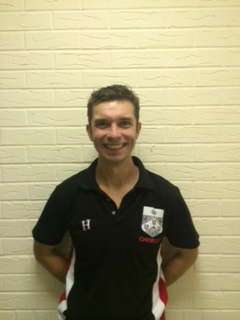 Rick Cordwell |
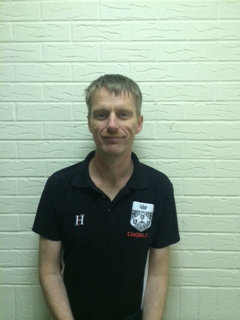 Simon Townsend |
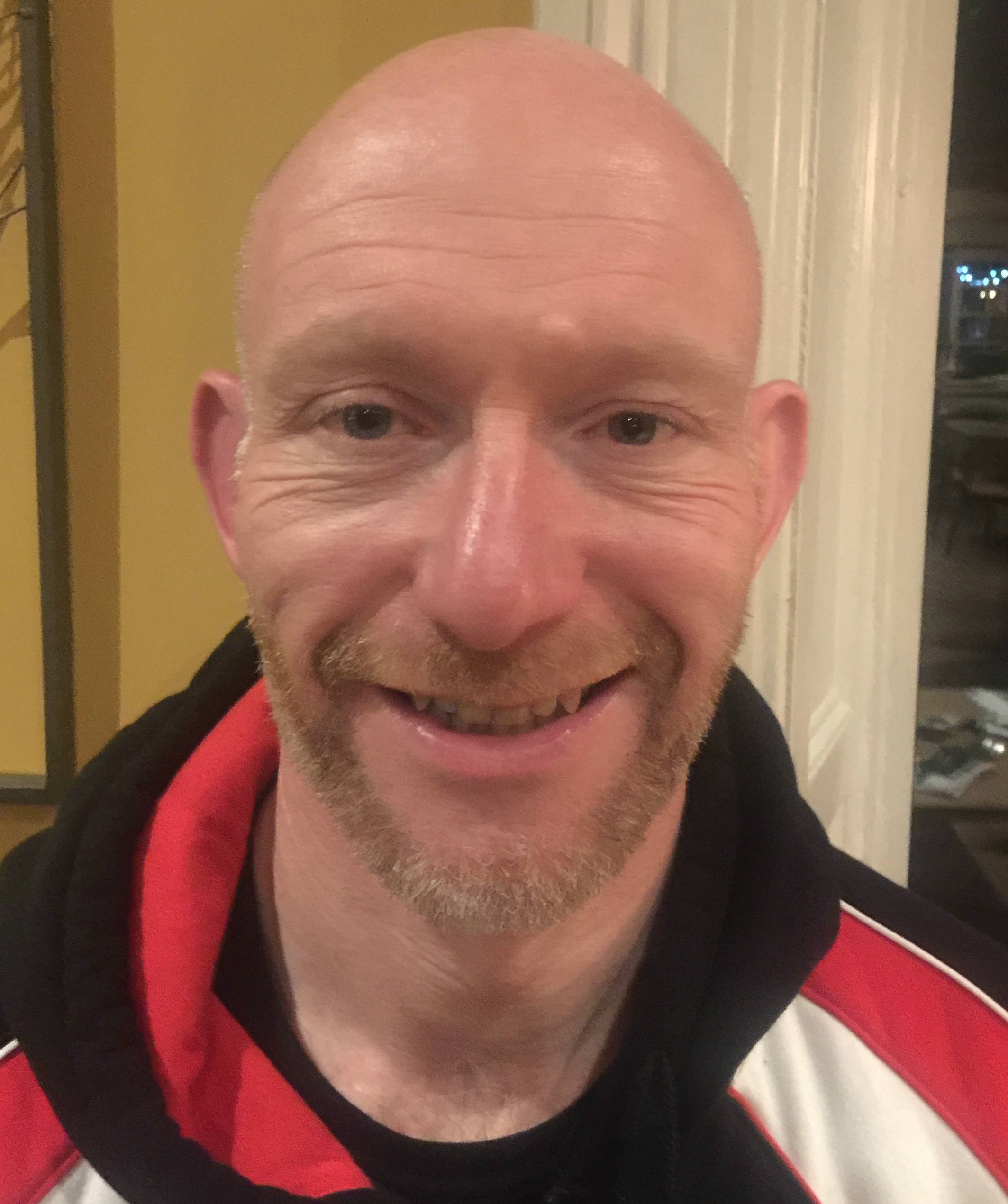 Stuart Kilmartin |
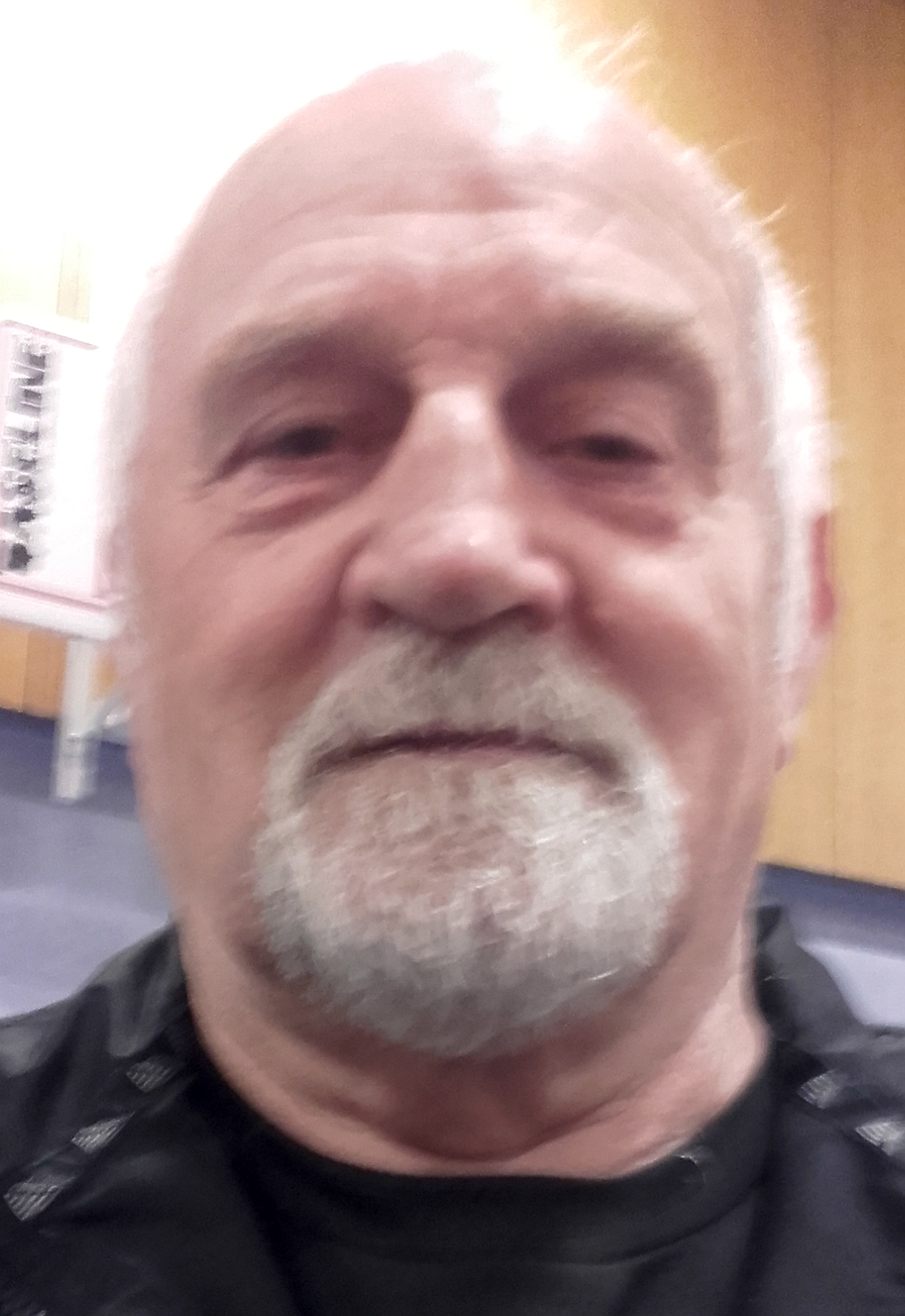 Pete Gilham |
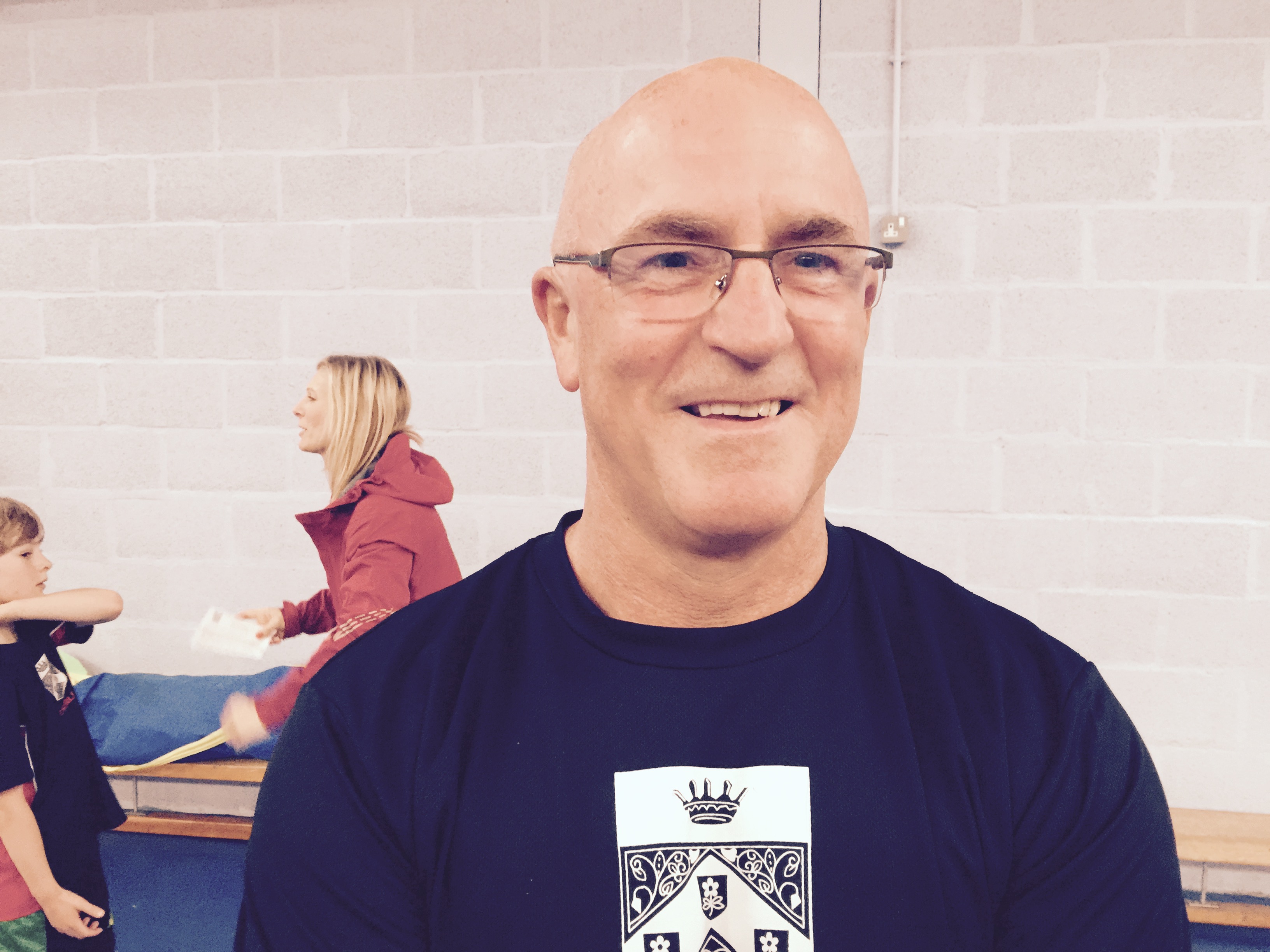 Mike Mason |
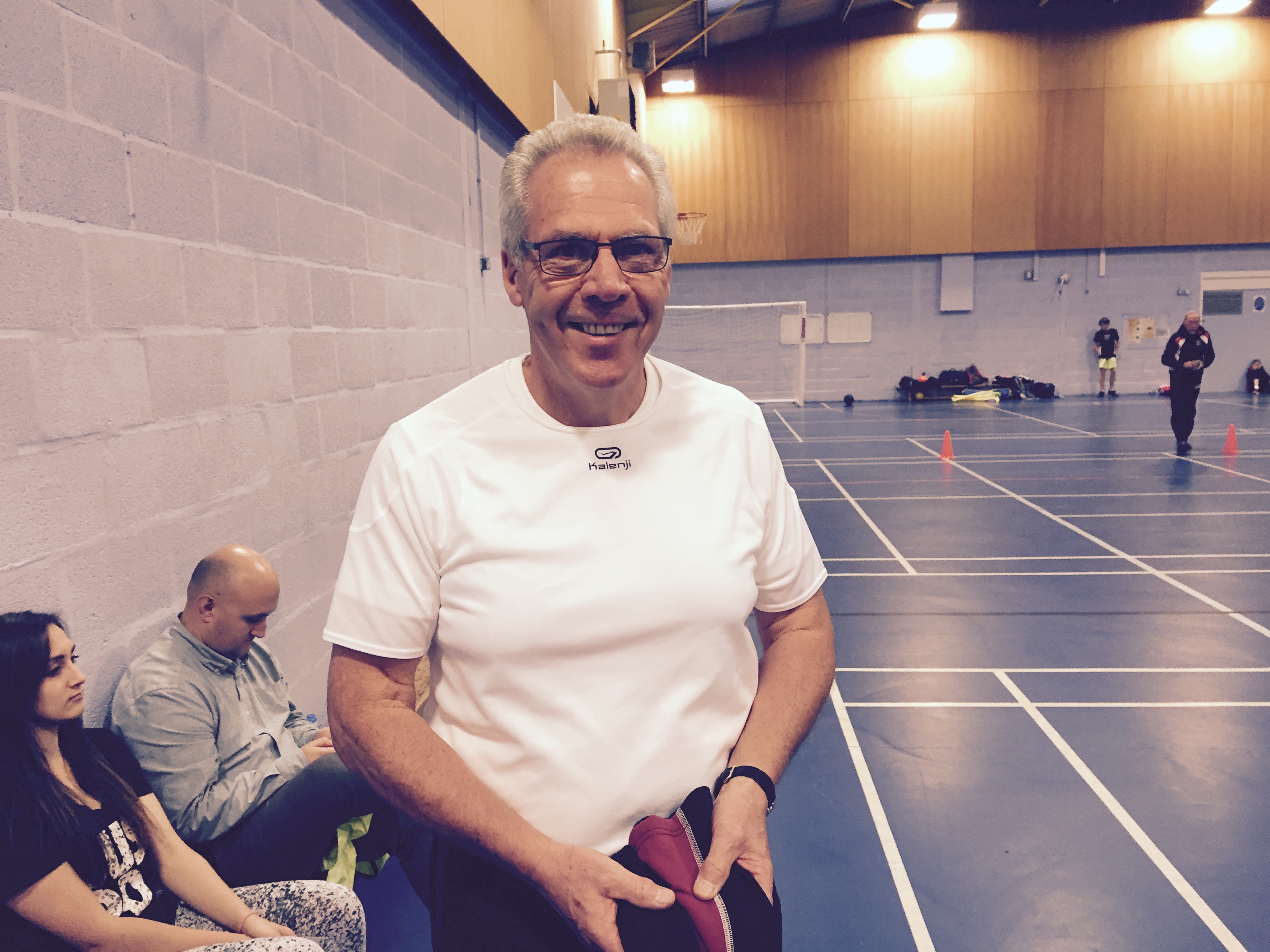 Kevin Hogan |
The coaching pathway document explains the route options for those wanting to get involved, the only area it does not cover is the event modules which have only just started being released on UCOACH, UKA’s coaching website.
![]() UKA Coaching Pathway
UKA Coaching Pathway
In short, the following illustrates the basic coaching levels...
Athletics Leader - If you are thinking of helping out the coaches at your club’s junior sessions, then this is the course for you. The course is aimed particularly at parents, carers, grandparents, or young leaders over 16 years of age.
Leadership in Running Fitness - If you have an interest in running for fitness and you’d like to lead a group, then this is the course for you.
Coaching Assistant - Anyone aged 18 or over, who is interested in taking the first step into a coaching pathway and wants to understand the fundamental technical principles of coaching. This course is not assessed.
Athletics Coach - Anyone who has completed the Coaching Assistant Award and feels ready to take the next step to managing their own coaching groups. Currently qualified UKA Coaches looking to broaden their technical skills can also choose to attend as part of their continued education.
Coach in Running Fitness - Coaches who are 18 or over and primarily working with runners up to and including event group development stage. Applicants must be active leaders or coaches who have completed as a minimum a Level 1, Fitness in Running & Walking, LiRF or Coaching Assistant qualifications. CiRF has a broad application to non track based endurance running rather than specific events or distances. It is not designed for coaches working primarily with track-based runners.
Children's Coach - Coaching Assistants over 18 years old, planning to work with children under the age of 12.
All coaches must complete the CRB process for their license as must Officials, it is part of the UKA license process. If this has already been done, there is no need to repeat it.
When applying the application form must have a passport quality photo attached for their first course and either payment sent with it or invoice details and the name of the person authorising the invoice from the club. There are separate costs on most courses for affiliated clubs and others so you are affiliated so pay that cost.
If you are checking existing coaches all must be able to show their license card. If not there may be a problem with the license e.g. could be photo missing, no CRB, or similar, and the coach will need to contact UKA to resolve the issue.
There are 3 steps to complete to get your license so please note for reference:
1. Send in and booked with a completed application form and passport photo attached.![]() UKA Course Booking Form
UKA Course Booking Form
2. Follow and complete the CRB process attached.
3. Attend the course.
Once all three have been completed then the license will be issued, within 3-4 weeks of you receiving your CRB clearance through as long as the other two points have been completed
For more information visit ![]() www.coaching.uka.org.uk/
www.coaching.uka.org.uk/
Coaching is an essential part of the Clubs activities to ensure the development of athletes of all ages and abilities and their involvement, where appropriate, in competitive activities. This fully supports the objectives of the club as defined in the constitution. The Club supports members becoming coaches and wishes to ensure they are appropriate and adequately trained and that they themselves are able to develop as coaches. To this end, the Club encourages and supports coaches undertaking courses and reimburses them for the costs of the course where there is clear evidence of dedication to coaching at the Club. The Club also has to ensure its funds are used in the achievement of the objectives of the Club.
This means that the Club will pay all the fees involved in training providing that the coaches give time to coaching. Reimbursement is therefore as follows:-
For more information visit ![]() www.uka.org.uk/competitions/officials/
www.uka.org.uk/competitions/officials/
CAAT Training Risk Assessments/a>
As a Coach I will :
1) respect all who participate in the sport including:
• respecting the rights and dignity of everyone involved in athletics.
• treating everyone equally as everyone has value and is worthy of respect.
• never decimating on any grounds e.g. gender, race, athletic potential, sexual orientation, religion, socio economic status, age , disability.
• avoiding critical language or actions, which could undermine an athlete’s self esteem.
2) exhibit integrity in relationships including:
• cooperate fully with others involved in the sport in the best interests of the athlete.
• encouraging athletes to accept responsibility for their own performance and behaviour.
• developing appropriate working relationships with athletes based on mutual trust and respect.
• have a high degree of self-awareness and that my behaviour affects the behaviour of other.
• ensure athletes, parents, guardians know what is expected and what they expect from me.
• strictly maintain a clear boundary between friendship and intimacy.
• follow safeguarding guidelines and raise any concerns to the safeguarding officer.
• report any accidental injury, distress, misunderstanding or misinterpretation to the parents/guardians and Club Welfare officer as soon as possible.
• report any misconduct by others to the Club welfare officer as soon as possible.
3) maintain high personal standards such as:
• being fair, honest and considerate.
• never swearing, using abusive language or irresponsible/illegal behaviour.
• never being under the influence of alcohol or illegal substances.
• never carrying items that could be dangerous to myself or others.
• being a positive role model for athletes, the club and the sport.
• never exerting influence to obtain personal benefit or reward.
• never recruit, overtly or covertly, athletes who are already receiving coaching.
4) demonstrate high professional standards such as:
• being appropriately qualified, prepared and maintain up to date knowledge.
• ensuring I carry valid and appropriate insurance either personally or through the club.
• ensuring all environments are safe for the activities to be undertaken.
• ensuring activities I direct are appropriate for the maturity, experience and ability of the athletes.
• placing the welfare and safety of the athletes above the development of performance.
• observing the recommended maximum ratio of 1 coach to 12 athletes at a training session.
• challenging inappropriate behaviour and language by others.
• avoiding spending time alone with young athletes, including in a car or at my house.
• ensuring any physical contact is appropriate and always seeking consent beforehand.
• respecting the right of young athletes to an independent life outside of athletics.
5) ensure fair play by:
• recognising good performance by others.
• acting with dignity and display courtesy and good manners towards others.
• promoting positive aspects of the sport such as fair play.
• never condoning rule violations or the use of prohibited or age-inappropriate substances.